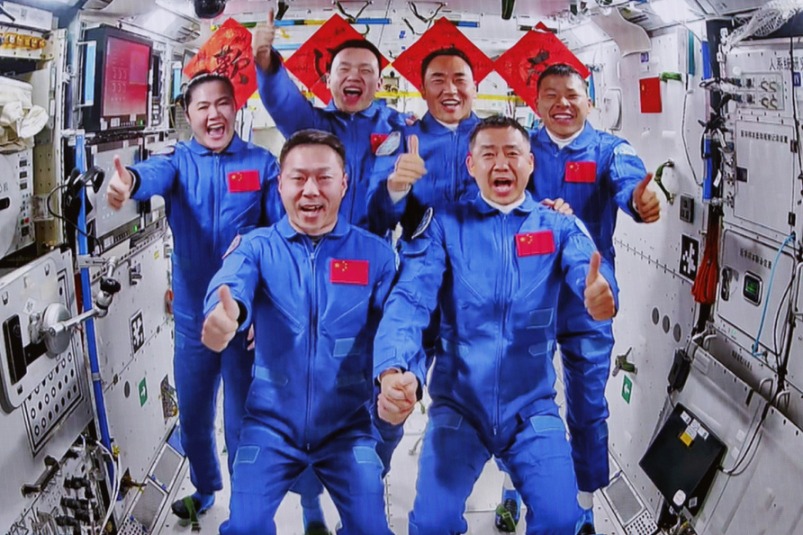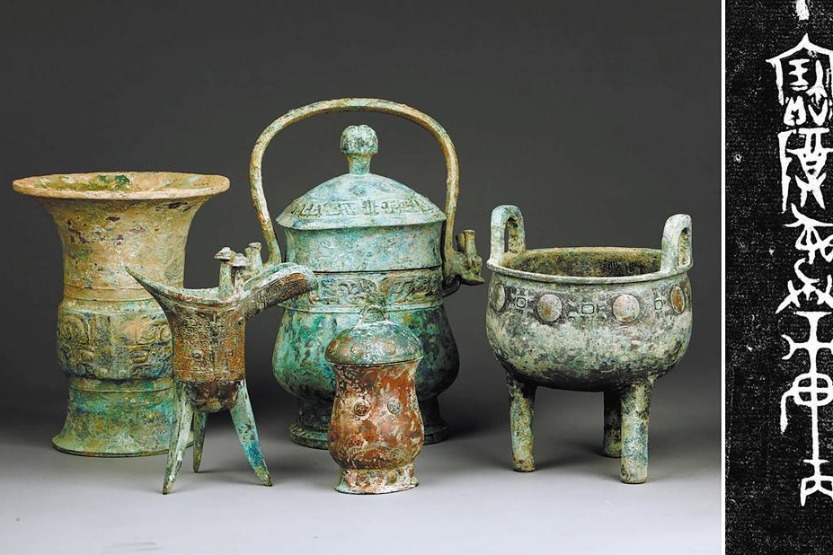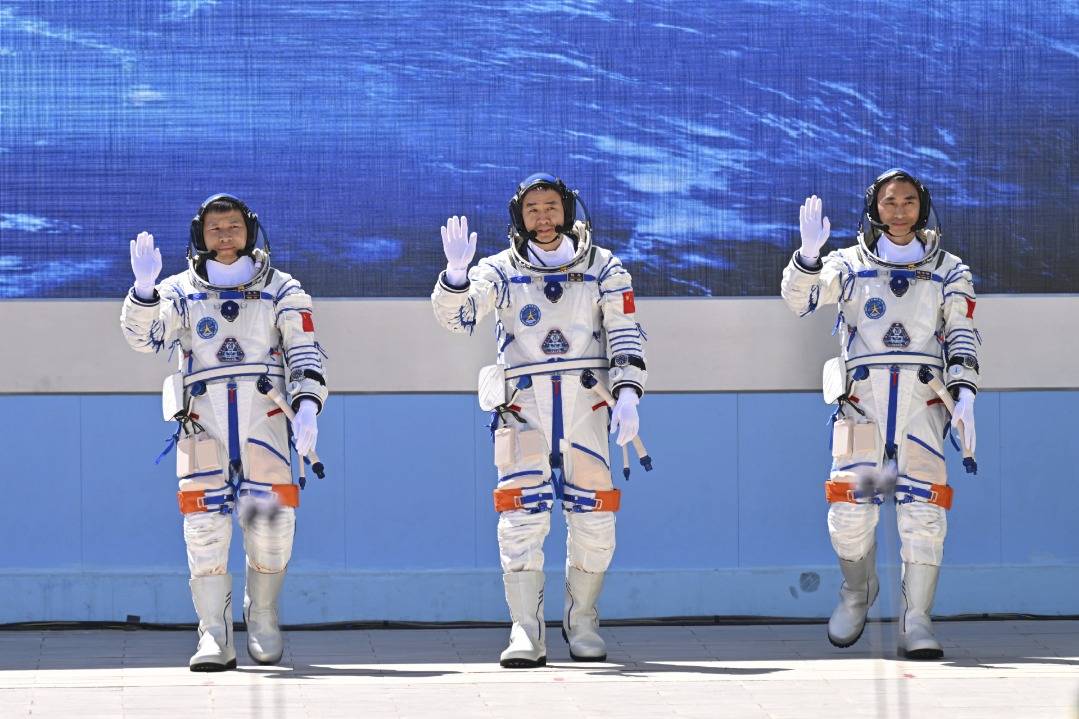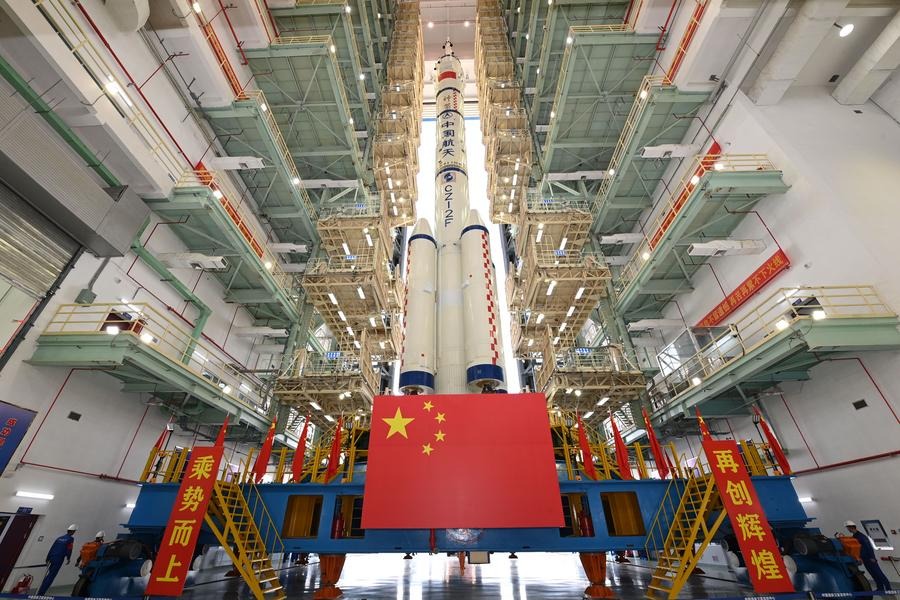First China-US Comprehensive Economic Dialogue sees some positive outcomes
Xinhua | Updated: 2017-07-22 11:31
WASHINGTON — The first China-US Comprehensive Economic Dialogue (CED) saw the world's two largest economies resolve a number of issues in their trade relationship while agreeing to work together to solve outstanding problems.
China and the United States discussed a one-year action plan for economic cooperation during the dialogue, which concluded on Wednesday, and agreed to cooperate in areas such as finance, trade, investment and global economic governance.
The two sides also agreed to address the trade imbalance between the two countries, highlighting the willingness to expand trade cooperation in services, in civilian high-tech sectors and in agriculture.
Given the difference in size between China and the United States in the services industry, it remains possible for both sides to exploit their own comparative advantages and complement each other, a Chinese delegate said Thursday in a statement, noting that "expanding bilateral trade in services can also promote balanced trading relations between the two sides."
"Despite a huge deficit in services trade with the United States, China nevertheless believed that trade in services between China and the United States is mutually beneficial," the statement said.
David Dollar, a senior fellow at the Brookings Institution, and former official with the U.S. Treasury Department, believed a high-quality US-China bilateral investment treaty would help US export its services to China and build a foundation for a better bilateral trading relationship.
On the CED, the two countries agreed to create a more open investment environment in their respective territories.
There are growing calls from the US and Chinese business communities to sign the investment treaty as soon as possible, Chinese Vice Finance Minister Zhu Guangyao said Wednesday.
The two countries also pledged to relax export controls and protect intellectual property rights.
"If the United States were to liberalize its export barriers against China to the same level as those applicable to Brazil or France, the US trade deficit with China would narrow by up to 24 percent and 34 percent respectively," Chinese Vice Premier Wang Yang quoted an article published by the Carnegie Endowment for International Peace when delivering a speech at a China-US business luncheon on Tuesday in Washington.
On agriculture, the two countries have reached an agreement on inspection and quarantine protocols for US rice exports to China, said the statement.
According to an announcement by the US Department of Agriculture, US rice exports to China can begin following the completion of an audit of US rice facilities by China's General Administration of Quality Supervision, Inspection and Quarantine. It will be the first time for the United States to export rice to China, said the department.
China and the United States exchanged views on issues such as the removal of the ban on Chinese and US poultry products on a reciprocal basis and the export of China's dairy products and aquatic products to the United States.
The CED is one of the four major dialogues established by the two countries in April during the Mar-a-Lago meeting between Chinese President Xi Jinping and his US counterpart Donald Trump.
- China, US to address trade imbalance, official says
- China, US recognize that steel overcapacity requires global solution
- China, US reach certain consensus on agricultural cooperation during economic talks
- China, US agree to bolster trade in civilian high-tech sectors
- Cooperation key to rebalancing China-US trade
























